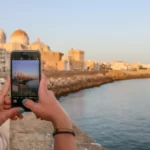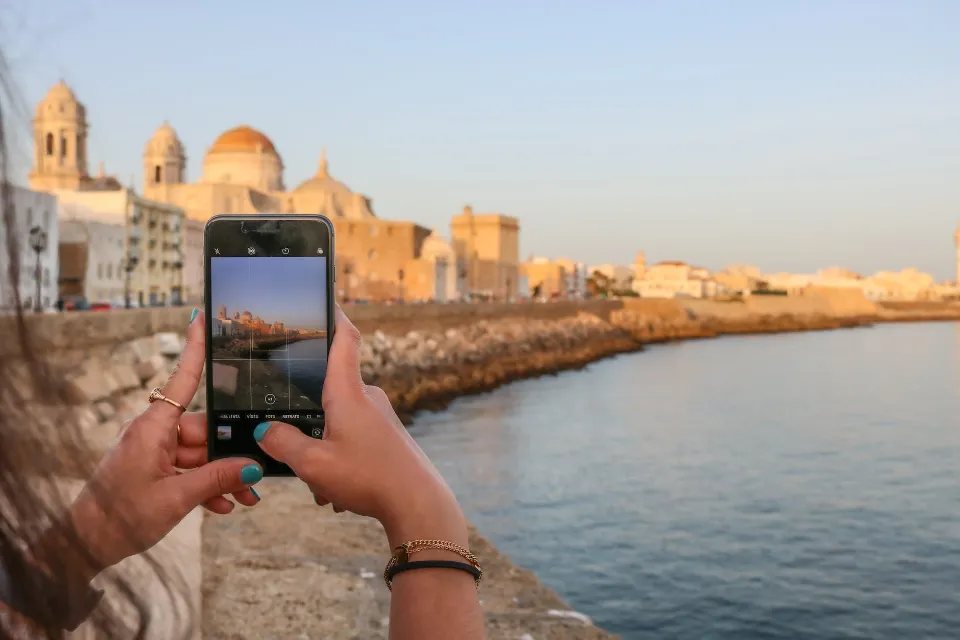
A travel enthusiast is someone who truly loves to travel. Social travelers are those with outgoing, flexible, and amiable personalities.
Who is a Travel Enthusiast?
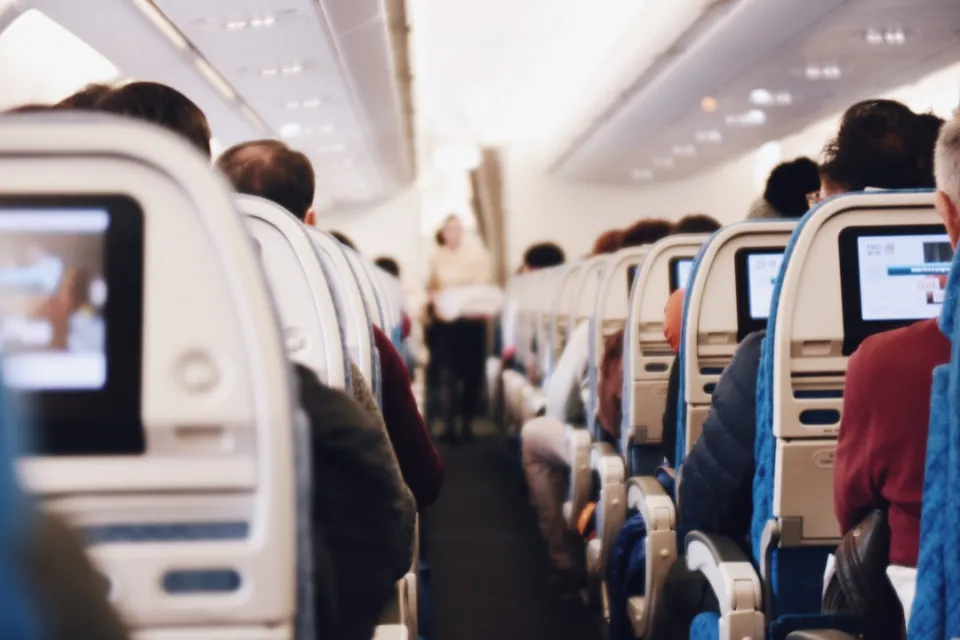
If you love travelling frequently, get excited by the very thought of seeing and feeling the unknown, and love to discover new relationships and places, you are a travel enthusiast.
A travel enthusiast is much more than someone who enjoys watching videos or reading about other people’s experiences abroad.
As a frequent traveler, you are aware of how crucial trip preparation is. Additionally, planning is enjoyable in and of itself.
The first trip taken by a travel enthusiast is just as exciting as any other trip, and having a basic understanding of travel is always helpful.
The discussion below may assist you in creating an easy path for your travel itinerary if you are about to leave on your first trip.
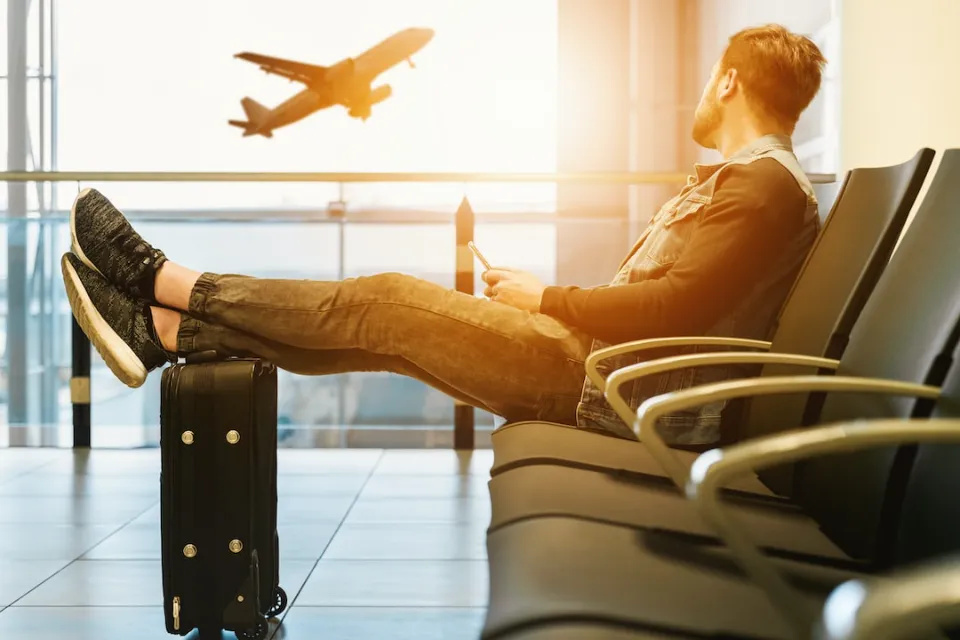
- Your travel destination: It’s crucial to choose your travel destination in advance and to do the necessary research on it. To ensure your comfort level, you must be aware of the geography, climate, tourist attractions, laws, and religion of a location. Additionally, getting the necessary vaccinations is essential for maintaining your health.
- Gearing up for your trip: Lots of photos and lots of comfort await you on your journey. You can take decent photos and videos and help yourself remember those special moments by having a good camera, laptop, and necessary accessories. Consider the weather when selecting your attire. The first step in a proper comfortable journey is choosing a comfortable travel bag with enough room for your needs.
- Taking care of the important things: Some of the most crucial things to think about when traveling are your visa, your travel fund, and your travel insurance. Check to see if they have been updated with your location in mind. One of the most crucial choices to be made at this point is whether to pre-book your hotel and where it will be located. Ensure that key facilities like restaurants, hospitals, police stations, etc., are close by.
- Consider your travel stress: Whether it’s jet lag or just plain fatigue, it always takes some time to recover from the strain of the journey itself. Before you begin your touring activities, give yourself enough time to recover. You’ll be able to take in everything with a clear head if you have enough time to recover.
- Be sure of your goals: Allow yourself time to reconsider your decision if you are having second thoughts about your planned trip. There is never a shortage of places to go. Their opinions matter if you are traveling with family or friends. The overall experience of the trip may suffer because some people may not share your enthusiasm for it.
What Are the Types of Tourism?
Trying to divide tourism into two distinct categories in the modern era is a difficult task. However, it can be said that there are three different types of tourism based on their general characteristics.
Domestic Tourism
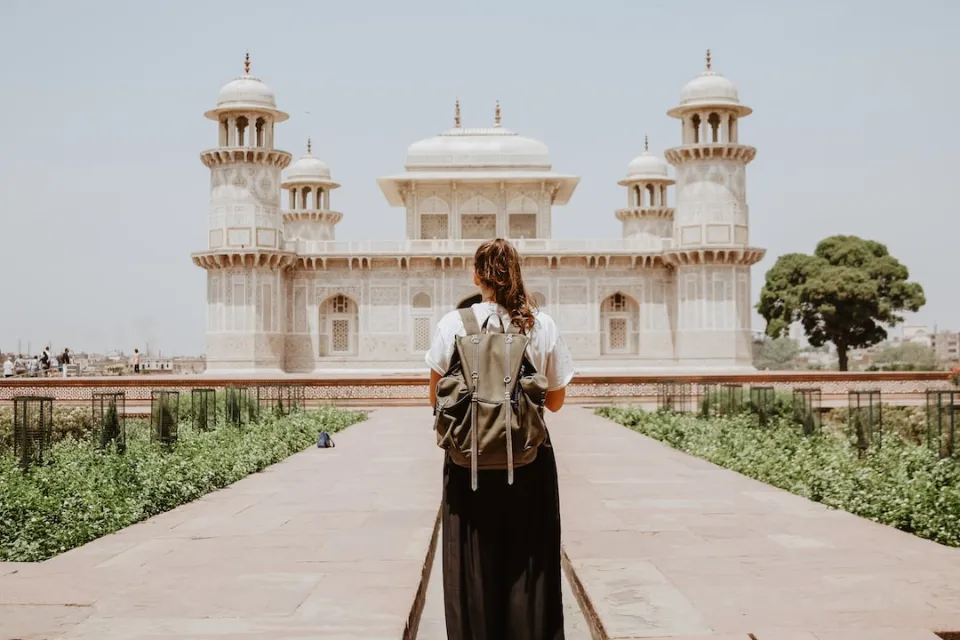
Tourism that takes place within a nation is referred to as domestic tourism. There are two types of international tourism: inbound and outbound. Here is a little description provided alongside the impacts of these three types of tourism:
Travelers who engage in domestic tourism do so within their own nation. Visits to family members are typically the most frequent reason for this kind of travel. However, the excursion must take place away from the visitors’ usual residence, and they must stay there for at least one day. Going somewhere for business or pleasure is also referred to as domestic tourism.
For many nations, domestic tourism can be a significant economic driver. This can be a path to reduce infrastructural problems,
building a better community and earning a good amount of revenue by flourishing local businesses.
An essential part of the tourism industry, domestic travel accounted for 73% of all travel and tourism spending globally in 2018, according to a recent study conducted by the World Travel and Tourism Council (WTTC). In 2017, there were 1.5 billion domestic day visits in England and 100.6 million domestic overnight trips in the United Kingdom.
Inbound Tourism
A temporary visit and stay in a nation by non-nationals is referred to as inbound tourism. It denotes that tourists from outside the nation travel to that nation and engage in a variety of activities while staying there for a minimum of six months and a maximum of twelve. This type of visit can have a variety of objectives.
Economic, political, and social benefits stem from inbound travel. The country gains investment and job opportunities from inbound tourism. The exchange of information and experience between the visitor and the host is facilitated by their interaction. Locals have the opportunity to showcase their way of life and promote it abroad. A total of 24.5 billion pounds were spent by foreign visitors to the UK in 2017, with 21 billion of those dollars being spent in England.

Outbound Tourism
Activities, when citizens of a country travel abroad and stay there for a short period of time—less than 12 months—for a specific purpose, are included in this category of tourism. This type of tourism can serve a variety of goals, just like the earlier kinds.
International cooperation is strengthened by tourism abroad. This type of tourism greatly benefits from the exchange of cultural values. It is one of the main sources of income for some nations. According to data from the World Tourism Organization, the growth rate of outbound travel to the United States in 2018 was 7.9. USA, India, Canada, and other nations exhibit high rates of international travel.
These are the broad categories of tourism. Tourism can be divided into several different categories depending on why someone travels. When people travel for work or a convention, this is known as convention tourism. Travelers who take advantage of incentives to travel are said to engage in incentive tourism. It is known as the health section when people travel for healthcare or medical purposes. In order to understand a country’s history and culture, one engages in cultural tourism. When people travel for leisure and seek out relaxation, this is known as recreational tourism. Young people are most likely to enjoy adventure travel. People travel in search of the exhilaration of adventure while being in close proximity to nature.
Conclusion

Regardless of the type of tourism, there are social, economic, and cultural effects in addition to financial gain. Being on our best behavior for the benefit of tourism and the environment is our responsibility to both the tourist and the host. It is important to remember while traveling that everyone has the chance to create meaningful memories and new experiences, regardless of where they are from or where they are currently located.
FAQs
What is a Wanderlust Person?
Wanderlust is a strong urge to travel. He could not stay still for an extended period of time due to his wanderlust. More synonyms for wanderlust: restlessness, itchy feet (informally), urge to travel, and unsettledness.
What is a Travel Addict Called?
A historical psychiatric diagnosis known as doromomania was characterized by an uncontrollable urge to walk or wander. The phrase “traveling fugue” has also been used to describe dromomania. Non-clinically, the term has come to be used to describe a desire for frequent travel or wanderlust.


